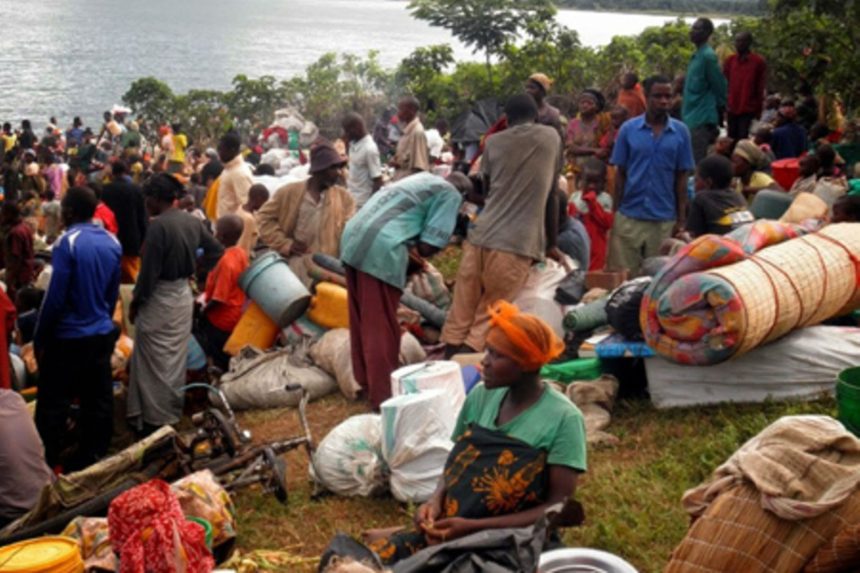The rapid rise in refugees seeking assistance has placed immense pressure on the World Food Programme’s (WFP) food aid operations in Burundi.
Since January 2025, nearly 70,000 people—mostly women, children, and the elderly—have fled escalating conflict in the Democratic Republic of the Congo (DRC), enduring treacherous river crossings and long treks to reach safety in Burundi. The daily influx has made this the largest refugee movement into the country in decades. Meanwhile, similar migration patterns into neighboring Rwanda, Uganda, and Tanzania are worsening regional food insecurity.
“Refugees continue to arrive daily, some carrying hurriedly packed belongings, while others have nothing but the clothes on their backs,” said Dragica Pajevic, WFP’s Deputy Regional Director for Eastern Africa, currently in Burundi overseeing relief efforts.
The number of refugees has doubled in just weeks, but funding has not kept pace. With resources severely stretched, WFP has had to adjust its operations, including reducing food rations to accommodate more people. Of the 70,000 refugees arriving from DRC, 60,000 have already been registered for food aid, bringing WFP’s total caseload to 120,000.
To support the new arrivals, WFP is providing hot meals at temporary shelters, including transit camps, schools, churches, and stadiums. However, due to funding shortages, rations for existing refugees were cut from 75% to 50% in March.
Current funding is only sufficient to sustain operations until June. Without urgent financial support, WFP may have to halt food aid entirely from July or even sooner if the refugee numbers continue to rise. The agency requires an immediate US$19.8 million to continue assisting the most vulnerable until the end of the year.





